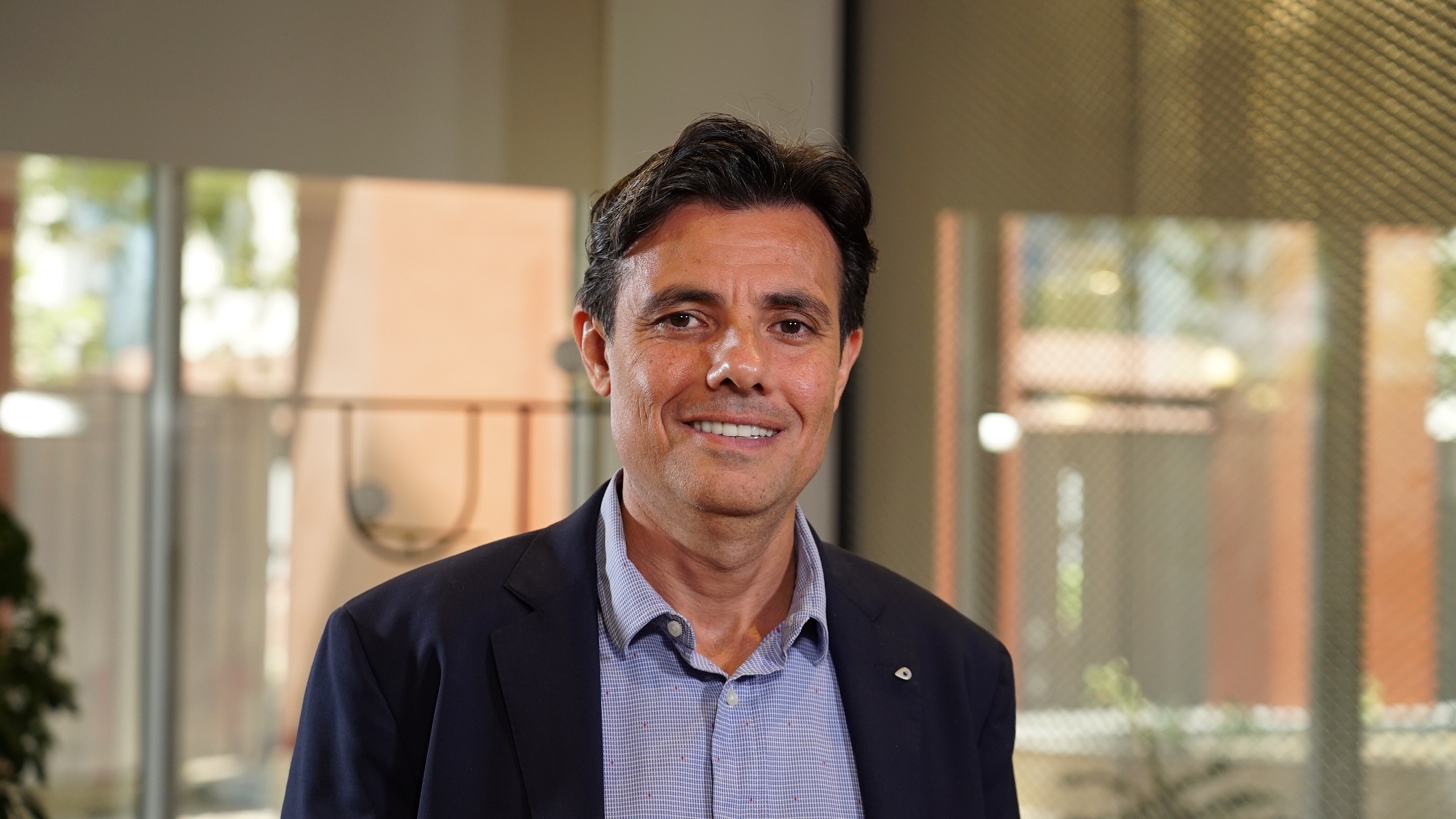Most field workers in the UAE’s energy and manufacturing sectors report feeling hampered by inflexible daily routines, but a majority believe technology can help them alleviate their burdens, a Microsoft-sponsored IDC study has revealed.
“The ‘deskless workforce’, as we call them, number 427 million worldwide in the manufacturing sector according to the International Labour Organization (ILO),” said Ahmad El Dandachi, Enterprise Channel Lead, Microsoft UAE. “We must come up with ways to remedy what they face on a daily basis, and technology can play a pivotal role in this endeavour. Enhancing the employee experience is a critical step in preventing a second wave of the Great Resignation.”
In compiling “Empowering Field Workers in the UAE Manufacturing and Energy Industry”, IDC researchers interviewed field workers and their line managers across both sectors. Their work unveiled stress among field employees. Some 66% of those polled said on-the-job stress was leading to workforce attrition and that the source of that stress was long working hours and rigid schedules. But more than three quarters (78%) of field workers interviewed believed technology would enable them to do their job more effectively and the same percentage thought it would lead to them being more engaged with their organization. When it came to production and supply-chain managers, those figures soared to 97% and 92% respectively.
When asked to prioritise the areas of the enterprise to which digital transformation should be applied, 47% chose task and workflow management, scheduling and approvals and the same percentage picked out automation.
Almost a third (27%) of UAE manufacturing and energy-sector employees currently work remotely at least some of the time, according to an IDC HR Managers Survey from late last year, and this number is set to increase. However, both industries still heavily rely on large field workforces.
IDC’s whitepaper also has advice for UAE heavy-industry businesses in how to empower their employees. The report urged improvement in productivity through digital tools, coupled with extensive skilling programmes to develop talent.
“Manufacturing and energy field workers are currently underserved by technology, despite the fact that their challenges are growing,” El Dandachi added. “This must change as a matter of urgency.”

